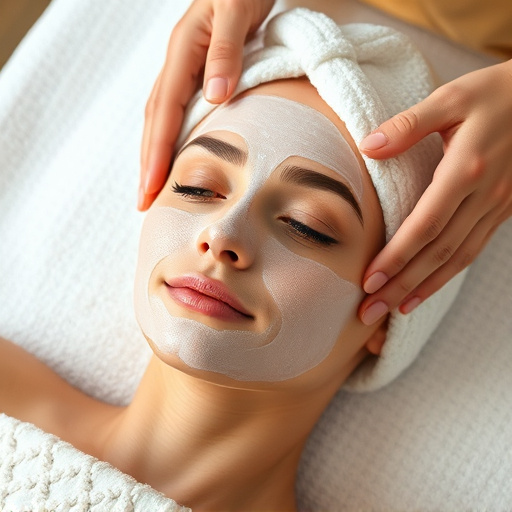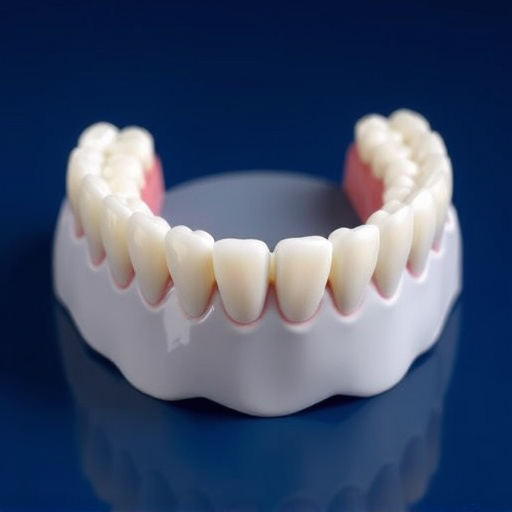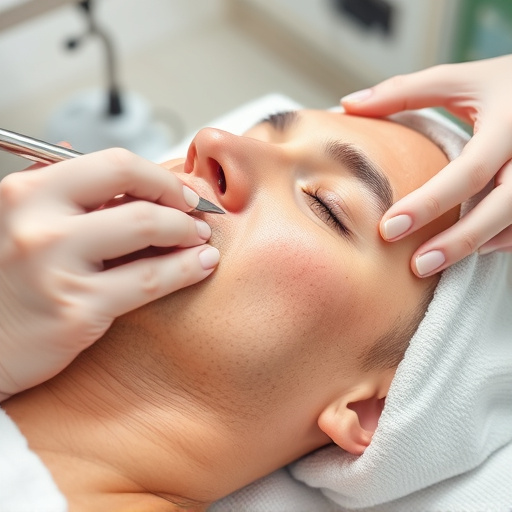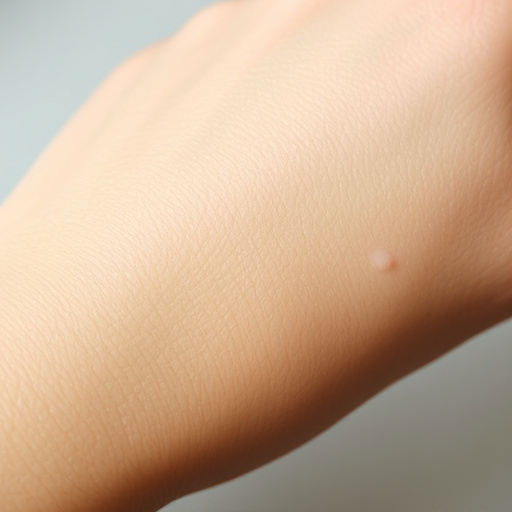Neck hair removal offers various methods, from temporary (shaving, waxing, creams) to permanent (laser, chemical peels), each with potential risks like skin irritation, redness, ingrown hairs, and changes in skin pigmentation, especially darkening. Consulting a dermatologist is key to choosing the best course of action for your skin type while minimizing side effects, particularly hyperpigmentation linked to inflammation or skin layer damage. Proactive measures, such as hydration, gentle skincare, professional treatments, exfoliation, sun protection, and avoiding harsh methods, can prevent and manage skin darkening from neck hair removal.
“Curious about the potential risks of neck hair removal? While it’s a common procedure, there’s growing interest in understanding its effects on skin tone. This article delves into the intricate details of neck hair removal, exploring side effects and their connection to skin darkening. We analyze the science behind these interactions and present actionable strategies for prevention and management, offering valuable insights for those considering this treatment.”
- Understanding Neck Hair Removal Process and Potential Side Effects
- The Link Between Hair Removal and Skin Darkening
- Prevention and Management Strategies for Hypopigmentation Concerns
Understanding Neck Hair Removal Process and Potential Side Effects

The process of neck hair removal typically involves either shaving, waxing, or using depilatory creams. While these methods are generally safe and effective for temporary hair reduction, they can have side effects. Shaving and waxing may cause skin irritation, redness, and ingrown hairs, especially if done improperly or too frequently. Depilatory creams, on the other hand, can lead to dry, sensitive skin and potential allergic reactions.
When considering more permanent solutions like laser hair removal or chemical peels, it’s crucial to understand that these facial treatments also carry risks. Laser hair removal may cause temporary skin redness, swelling, or changes in skin pigmentation, while chemical peels can lead to similar issues along with potential damage if not applied correctly by a trained professional. It’s essential to consult with a dermatologist to discuss the best options for your skin type and to minimize the risk of developing skin darkening issues as a side effect.
The Link Between Hair Removal and Skin Darkening

There’s a growing concern among individuals who opt for neck hair removal regarding its potential side effects, particularly skin darkening. While numerous methods exist for unwanted hair reduction, from shaving to more permanent solutions like chemical peels and laser hair removal, each carries its own set of risks. Several studies have explored the connection between hair removal treatments and melasma-like hyperpigmentation, especially in darker skin tones. This phenomenon is thought to be triggered by inflammation or damage to the skin’s upper layers, leading to an overproduction of melanin.
The process of neck hair removal, whether through waxing, threading, or depilatory creams, can cause micro-tears and irritation in the delicate skin area. These injuries might initiate a defensive response from the body, resulting in increased melanin synthesis and, consequently, dark spots or an uneven skin tone. Moreover, certain chemical peels used for pore refinement and laser hair removal procedures are known to carry a low risk of post-inflammatory hyperpigmentation if not performed correctly. As such, it’s crucial to consult with a dermatological expert before undergoing any hair removal treatment to mitigate the chances of skin darkening issues.
Prevention and Management Strategies for Hypopigmentation Concerns

While neck hair removal can potentially lead to skin darkening issues due to hypopigmentation, proactive prevention and management strategies can help mitigate these concerns. The first step involves adopting a gentle skincare routine that prioritises hydration. Regularly using hydrating facials and incorporating nourishing ingredients like hyaluronic acid and glycerin into your personalized skincare regimen can strengthen the skin barrier, promoting overall health and resilience.
Additionally, considering specific facial treatments tailored to address hypopigmentation may prove beneficial. Professional treatments such as chemical peels or targeted laser therapy, when performed by qualified dermatologists, can help even out skin tone and reduce the appearance of dark spots. Regular exfoliation, sun protection with broad-spectrum SPF, and avoiding aggressive hair removal methods are also essential for managing and preventing further hypopigmentation.
While neck hair removal can significantly improve appearance, it’s crucial to be aware of potential side effects. Studies have linked certain hair removal methods to skin darkening, or hypopigmentation. However, with proper precautions and aftercare, these issues can often be prevented or managed effectively. If you’re considering neck hair removal, consult a dermatologist to discuss the best approach for your unique skin type, ensuring both safety and desired results.














